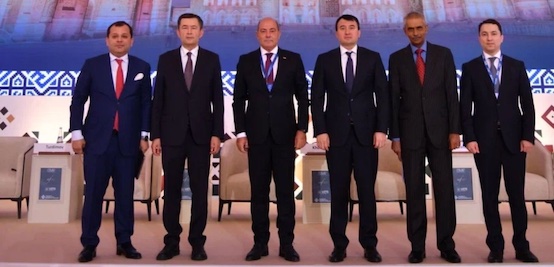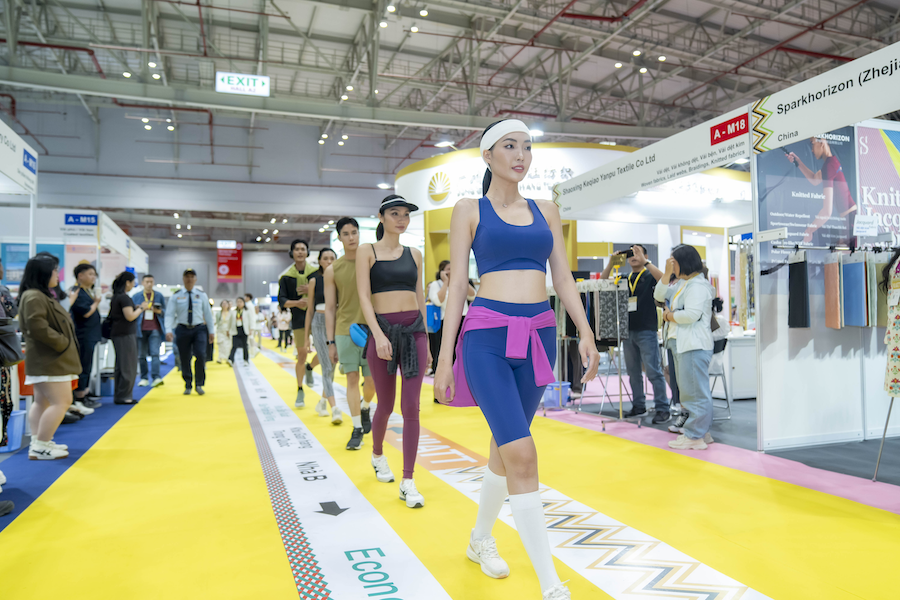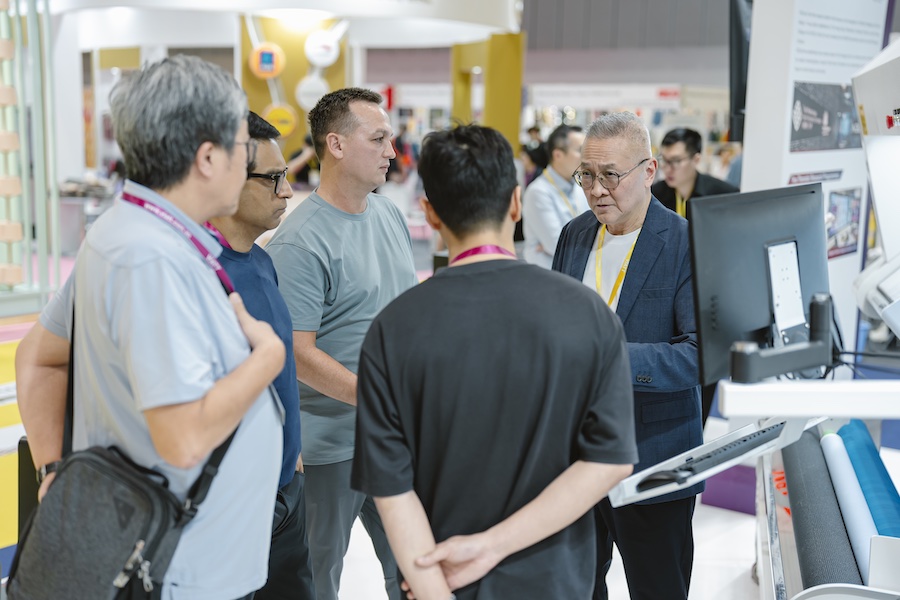#Textiles & Apparel / Garment
IAF Position on tariffs
The punitive tariffs introduced by the US administration on April 2nd, with the highest rates reserved for countries heavily reliant on garment exports to the U.S., represent a direct and unprovoked threat to entire industries. These measures risk destabilizing economies and jeopardizing the livelihoods of countless employees and entrepreneurs in the apparel industry globally, including in the U.S. itself.
The IAF welcomes the decision to pause a significant portion of these punishing tariffs. However, the continued application of punitive tariffs on imports from China—one of the world’s largest apparel exporters—remains deeply concerning and underscores the real and ongoing risk of tariff escalation for other nations. We implore that future trade negotiations have reasonable goals and that punishingly high tariffs on apparel do not return. Many apparel-exporting countries lack the domestic purchasing power to significantly boost imports from the U.S., making it unrealistic and unreasonable to demand steep trade balance corrections. Likewise, high tariffs will not realistically result in the large-scale return of apparel production to the U.S.
For IAF members, what has not been paused is the harm inflicted by the creation of a climate of tariff uncertainty (and, in the case of China a punitive reality). With global supply chains still recovering from the COVID-19 pandemic, the Red Sea crisis, and weakened consumer confidence, the unpredictability of trade policy discourages investment and further undermines market stability and consumer confidence. Preventing the return of these harmful tariffs must be a top priority—followed by restoring a stable, predictable trade environment. Only then can we begin the critical work of re-evaluating global supply chains.
To be clear, no supply chain resilience strategy can withstand a tariff tornado of this scale. Nevertheless, going forward, our industry must reduce its vulnerability to sudden policy shifts. This requires expanding the foundation of competitiveness beyond cost alone. The IAF advocates for stronger, smarter, and more sustainable supply chains—anchored more in long-term partnerships, business sense, and mutual interdependence and less dependant on trade political decisions.
This has been the IAF’s core message in all of its publications and events for the past decade. In line with this, IAF will intensify its global initiatives to empower manufacturers and their associations to act as strategic partners in the industry transition that we need—investing in people, processes, and technology. Resilient supply chains are built together. Weathering this tariff crisis also requires a joint effort. We therefore urge brands and retailers to work collaboratively with manufacturers by honoring sourcing commitments, maintaining standards, and avoiding cost shifts that threaten supply chain viability.
The apparel industry is and always will be a global industry, with trade as an integral and indispensable part of it. IAF stands with the global manufacturing community, committed to unity and collective strength to be able to weather this storm and then to move to a stronger position together. Through collaborative approaches and strategic partnerships, we can build a more resilient and sustainable future for the global apparel industry—one that benefits all stakeholders across the value chain and ensures long-term prosperity despite policy turbulence.













